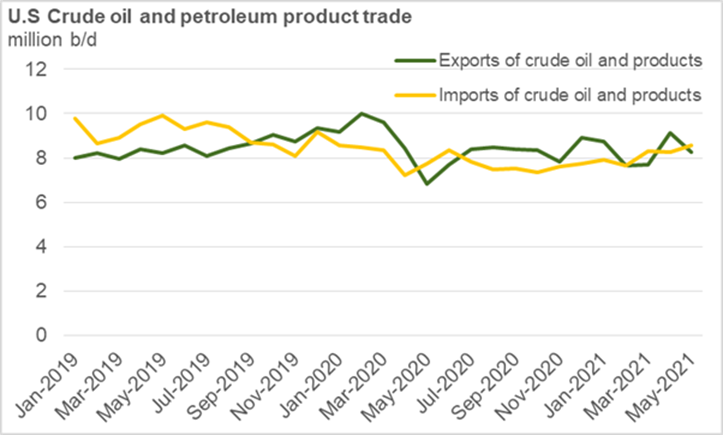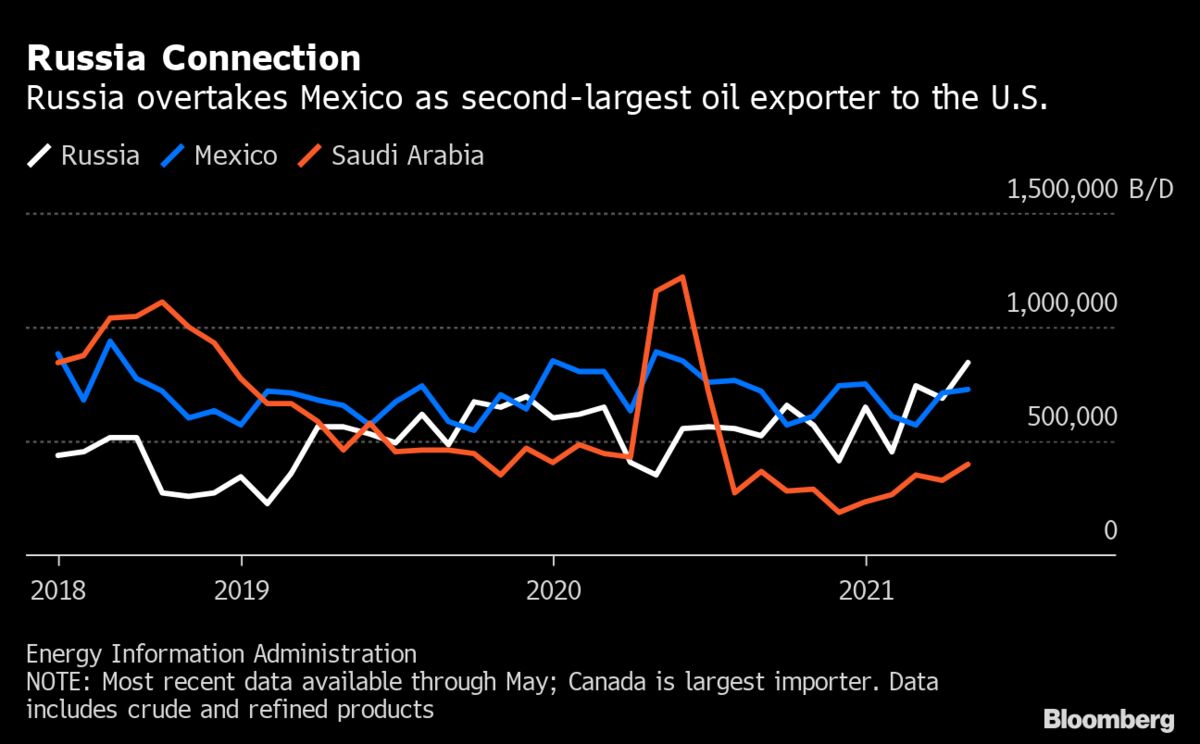The United States has long been dependent on foreign sources of oil to meet its energy needs. This dependence has had significant economic, environmental, and political consequences for the country.
From an economic perspective, the United States' reliance on foreign oil has resulted in billions of dollars being spent on importing oil from other countries. This has led to a trade deficit, as the value of imported oil far exceeds the value of exports to these countries. Additionally, the United States has often had to rely on unstable or hostile countries for its oil supplies, leading to geopolitical risks and potential conflicts.
From an environmental perspective, the extraction and transportation of oil has significant negative impacts on the environment. The burning of fossil fuels like oil is a major contributor to climate change, and the extraction and transportation of oil can also lead to spills and other environmental disasters.
Despite these negative consequences, the United States has been slow to reduce its dependence on foreign oil. This is largely due to the fact that the United States has a large and diverse economy, with many sectors that are heavily reliant on oil. Additionally, the United States has a relatively low-cost domestic energy supply, making it difficult for alternative energy sources to compete with fossil fuels.
However, there have been efforts to reduce the United States' dependence on foreign oil. The country has made significant progress in increasing the efficiency of its vehicles, and there has been a push to shift towards alternative energy sources like solar, wind, and nuclear power. These efforts have been successful to some extent, but there is still much work to be done to fully reduce the United States' dependence on foreign oil.
In conclusion, the United States' dependence on foreign oil has had significant economic, environmental, and political consequences. While there have been efforts to reduce this dependence, there is still much work to be done to fully transition away from fossil fuels and towards alternative energy sources.

_(44637262144).png)





